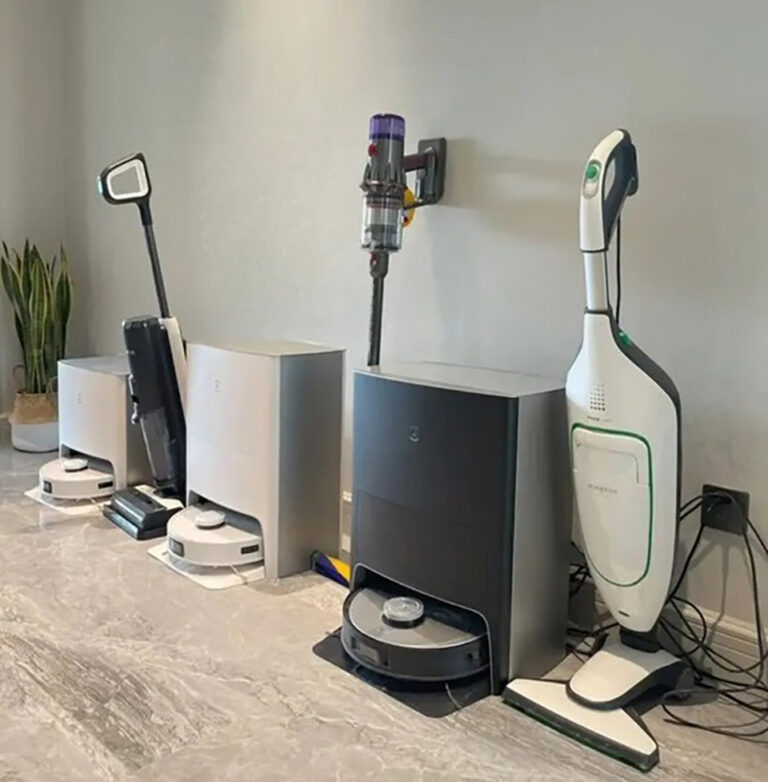Recently, the market for cleaning appliances in China has continued to perform well, becoming a new trend in home appliance consumption.
According to Ao Wei Cloud Network, a company specializing in retail and market data research and consulting for home appliances and decor, sales of cleaning appliances in China from January to April this year reached 8.7 billion yuan (approximately 44.099 billion baht), marking a 15% increase compared to the same period last year. Sales volume hit 7.29 million units, a 17% increase from the previous year.
Wang Peng, a researcher at the Beijing Academy of Social Sciences, stated that this data indicates a strong performance in the cleaning appliance market this year, with consumer demand for such appliances continuing to grow. This trend shows that consumers are willing to spend more on products that improve their quality of life and convenience, reflecting an upward trend in consumption.
A “Better Life Survey” found that among different age groups, young people aged 18-25 show the most interest in household cleaning appliance sets. The increasing demand has spurred the emergence of various companies in this market, competing to innovate and develop high-tech, high-quality products to gain market share. One such company is Jia Shi Da Shanxi Robot Technology Co., Ltd.
Niu Liqun, president of Jia Shi Da Shanxi Robot Technology Co., Ltd., which mainly deals with window-cleaning robots, mentioned that in recent years, consumer interest in cleaning equipment has increased. To meet consumer needs, the company prioritizes user requirements and adapts its products to market demands, resulting in strong business performance. In the first quarter of this year, sales of their window-cleaning robots in China increased by 48.67% compared to the same period last year.
He believes that technological advancements are the key to the popularity of cleaning appliance sets. For instance, their newly developed fourth-generation window-cleaning robot uses vacuum absorption principles to tightly adhere to dirt on windows under vacuum pressure. This ensures sufficient suction power during operation. The product also features a dual water spray system, with a random walking track that pre-sprays water to dissolve stains on the glass. The cleaning pads rotate at high speed, simulating the motion of hand-wiping windows, resulting in cleaner windows.
From 2012 to 2022, the domestic Chinese market saw a 28% growth rate in cleaning appliance sales, with market size expanding from 2.9 billion yuan (approximately 14.68 billion baht) to 34.8 billion yuan (approximately 176.161 billion baht).
However, in 2022, the average number of vacuum cleaners per 100 households was only 23.5 units. GFK, a German research institute, predicts that by 2030, the market size for cleaning appliance sets in China will reach 60 billion yuan (approximately 303.726 billion baht) or about 40 million units. (TNA)


























